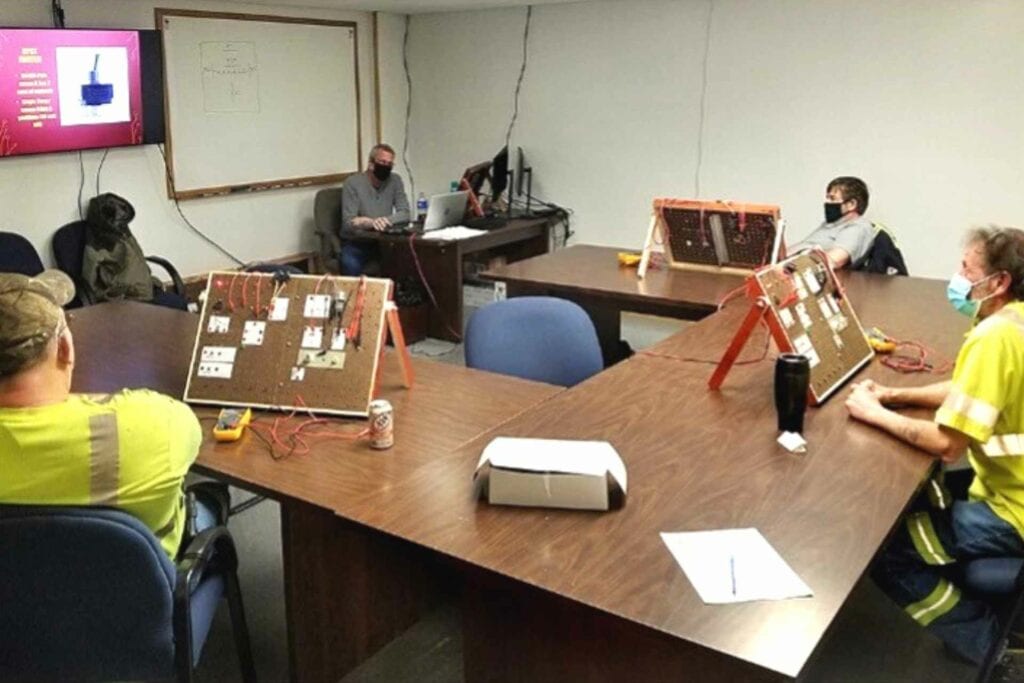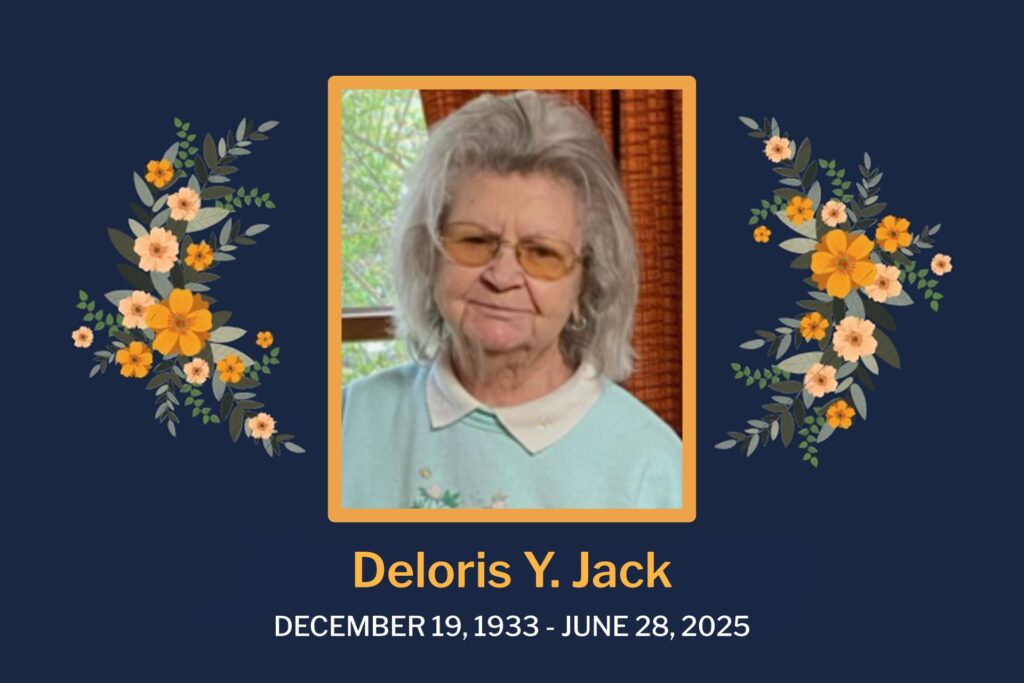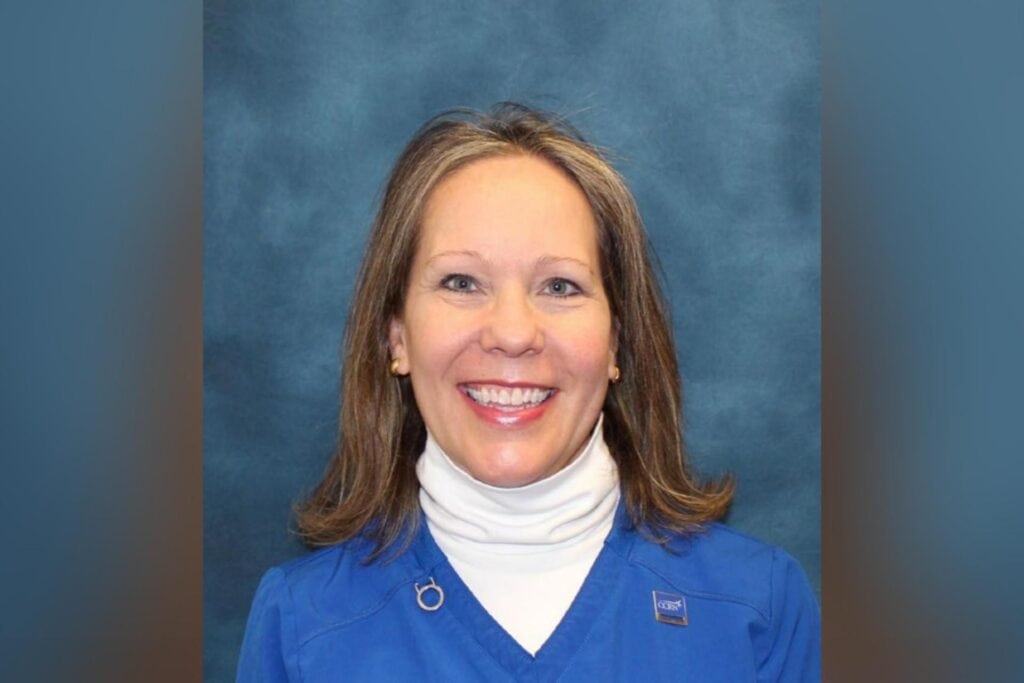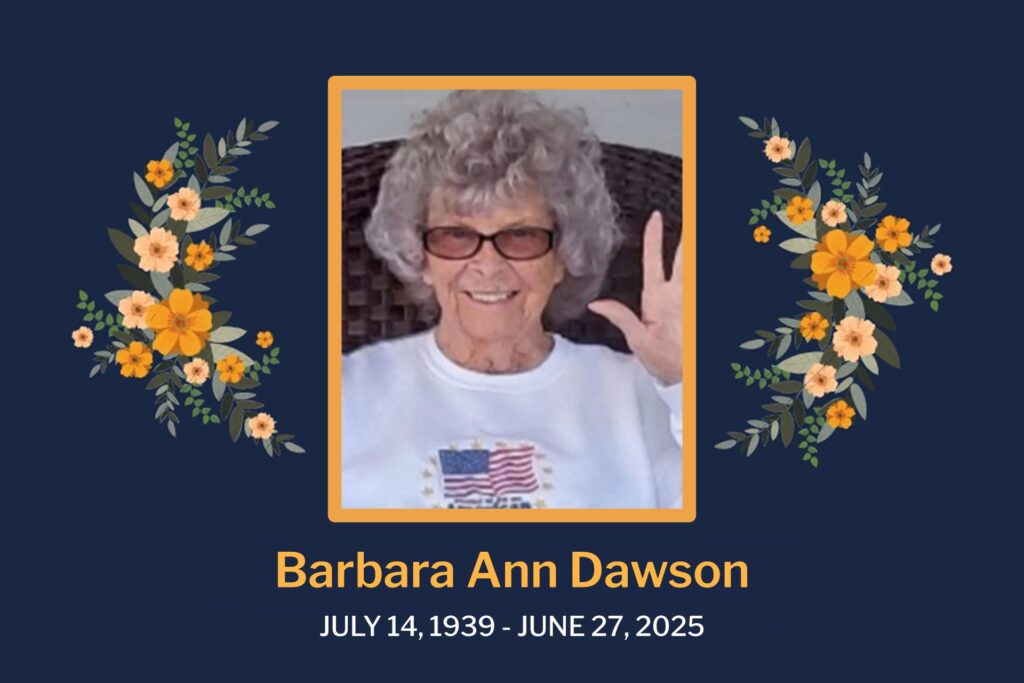CHARLESTON, W.Va. – West Virginia Division of Highways is rolling out a new training program to make sure its mechanics are the best in the business.
Coordinated out of the DOH Equipment Division in Buckhannon, mechanics training programs are now available for transportation workers to up their skill sets, gain experience and ultimately advance within DOH.
Acting DOH Personnel Director Natasha White said the new training program offers standardized instruction for mechanics all over the state, based on a common curriculum.
“Before, it was either the skill set that you came with or what you could learn from the other mechanics at the garage,” White said. “Although there was some training, it wasn’t uniform.”
WVDOH Highway Equipment Manager J.D. Hallinger said the new training courses were rolled out in 2020, but COVID-19 got in the way of full-scale implementation. Courses will be offered both at the Equipment Division in Buckhannon and out in the district garages in order to give mechanics more hands-on training time. Six trainers will conduct the classes.
Core training classes will be offered to transportation workers in basic electrical, storm guard training, and preventative maintenance.
Because many mechanics are afraid of working with electricity, Hallinger said the Equipment Division decided to conduct electrical courses. They built their own circuit boards for the course, saving the approximately $11,000 cost of buying each instruction board.
“We saved $87,000,” he said.
The Equipment Division also has its own devices for air conditioning and vehicle courses.
Transportation Worker 2 and 3 level employees will be given preference for higher-level courses in emissions, advanced electrical, basic hydraulic, advanced hydraulic, and HVAC work.
Training will also include a four-day course concentrating on the DOH’s fleet of Hino vehicles and a three-day turbo training course dealing with the Ford Powerstroke engine.
The Equipment Division will also offer Automotive Service Excellence (ASE) training to focus on recruiting individuals with the knowledge and talent to provide a more efficient workforce and identify those who possess certain levels of knowledge, skills, and abilities in equipment repair to act as a knowledge resource for developing other mechanics.
Once through the ASE training courses, mechanics will be able to test for certification through the National Institute for Automotive Service Excellence. The ASE certification will provide third-party, objective recognition of a mechanic’s skills and abilities.
Highways officials hope the comprehensive training program will make not only better mechanics, but also better-maintained equipment. Instead of the bandage approach to patching up old equipment until they can’t fix it anymore without sending it higher up the chain, mechanics will be able to fix and maintain equipment at the garage.
White said the extra money spent on training equipment and instruction will be made up in better maintained, longer-lasting equipment.
“With Gov. Justice’s support we have been blessed with a whole lot of brand new equipment,” White said. “It’s our responsibility to the taxpayers of West Virginia to make sure we take care of it.”














